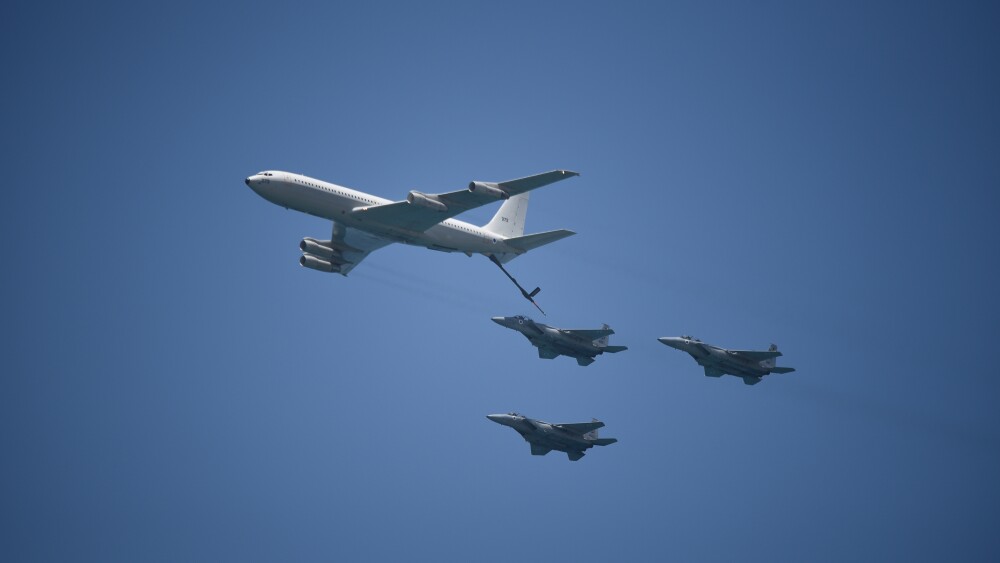Israeli officials aren’t speaking much about the airstrikes in Iran on early Saturday morning, but that doesn’t detract from the significance of the operation.
It seems to have gone off exactly as planned, with no losses on the Israeli side. That in and of itself is a major accomplishment.
The risks inherent in operations 1,600 kilometers (1,000 miles) from Israeli airspace are daunting. A minor complication can turn into a life-and-death challenge.
The strikes were planned with the assumption that the fighter jets would be able to refuel near Iran. But if a small component in the refuel system malfunctioned, or a plane’s engine failed, a pilot would face a dangerous landing in likely enemy territory. Almost all the support and emergency capabilities the Israeli Air Force can bring to bear in operations over Gaza and Lebanon would be irrelevant so far from the country’s border.
As far as we know, however, no significant malfunctions took place, a testament not only to the skill of Israel’s pilots but also to the professionalism of IAF maintenance and support personnel.
Read the full article at the Times of Israel.








